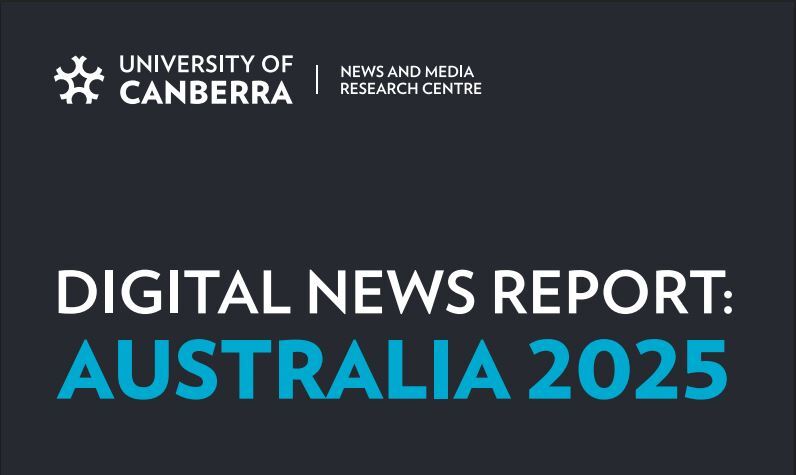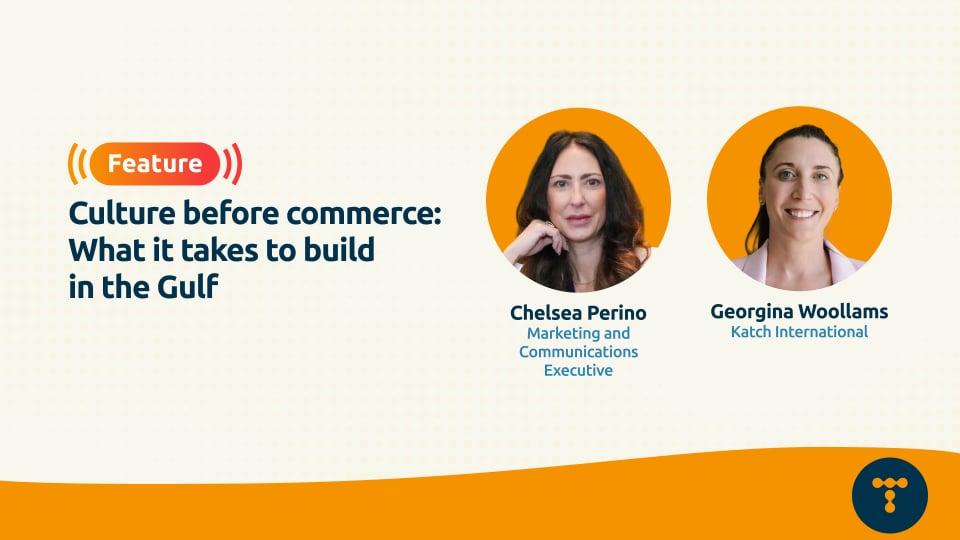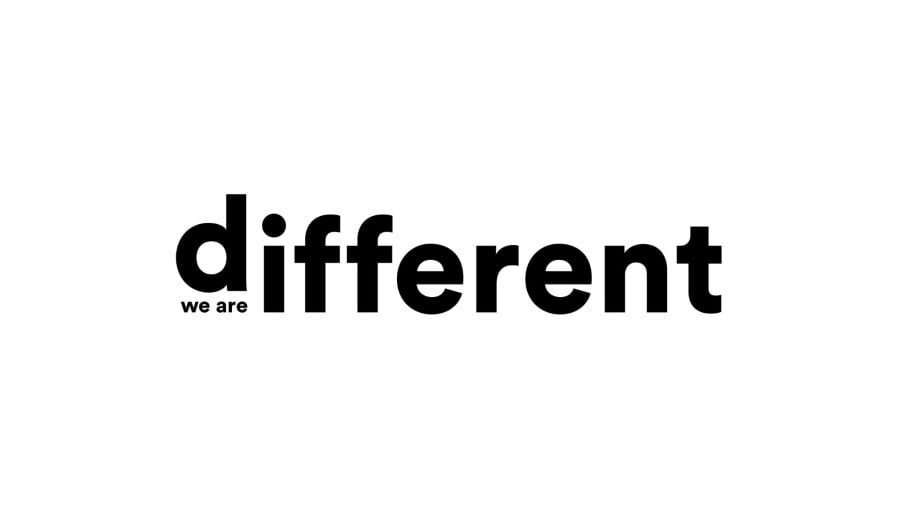Highlights from this year's report include: Australians now accessing news via social media more than traditional news websites for the first time in 11 years; the rising popularity of short-form video among younger audiences; growing comfort with AI-generated news; continued news avoidance among women, widening the gender gap in consumption; and a global-leading increase in interest in local news.
Lead author at UC's News and Media Research Centre, Professor Sora Park, said: "Trust in news has risen slightly this year, and is highest among people who have undertaken news literacy education. In fact, these consumers have higher interest in news and are more likely to pay for it. This suggests that increasing media literacy across the population could not only help boost trust in news but also be part of the economic solution in the years to come."
Misinformation and social media
74 per cent of Australians are concerned about misinformation, with 54 per cent believing that influencers are a misinformation threat, with Facebook and TikTok being the riskiest platforms for it.
The report indicated that TV topped the list as the main source of news for 37 per cent of Australians, but for the first time, social media (26 per cent) overtook online (23 per cent) as the main source of news.
Traditional news brands were among the most popular source of news on social media, with Facebook recording the strongest growth, with 38 per cent of Australians sourcing their news from the Meta platform.
Australia versus USA
With international attention on the United States following the election of President Donald Trump, the two countries were compared on key news consumption trends and attitudes.
Trust in news in the US (30 per cent) was much lower than in Australia (43 per cent). Americans were also more interested in politics compared to Australians, at 43 per cent and 36 per cent respectively, despite politicians being viewed as a major misinformation threat in the US. The data highlights that Australian news audiences are much less politically polarised than in the US.
News literacy key to improve trust in news
For the first time, respondents were asked if they have received any form of news literacy education, such as how to develop a critical understanding of news or how to analyse and assess the quality of sources. Only 25 per cent of Australians said they had received training on how to use and understand news.
Those exposed to news literacy training had much higher levels of trust (53 per cent) compared to those without (41 per cent). People with news literacy education were also three times more likely to pay for news than those without, and are much more likely to verify online information by going to trusted news sources.
The survey also asked consumers how trust in news could be increased, offering six key areas for improvement:
- More facts and accuracy
- Less bias and opinion
- More breadth and depth in reporting
- Greater transparency and accountability
- Increased verification
- More independence from commercial and political interests
Interest in local news has risen since 2020 to 51 per cent, with stories about crime and accidents being most popular, followed by local information services such as bus timetables, weather and local events and activities.
The top platform for local news was social media at 25 per cent, followed by TV at 22 per cent, and local newspapers at 19 per cent.
Podcasts
Nine per cent of Australians now use podcasts for news. Respondents said podcasts helped them understand issues more deeply. Australian podcast listeners were also found to be the most willing to pay for news, globally.
Growing comfort in AI use for news production and access
Australians are becoming more trusting of news produced mainly by AI, with 20 per cent saying they are okay with it. However, 43 per cent of consumers remain more comfortable with news that is produced mostly by journalists with some help from AI.
While Australians didn't mind the use of AI in the production of news, when it comes to using AI to personalise news content, 30 per cent of respondents said they were not interested. Even for those who are relaxed about AI personalisation, they limited their reliance to generating news summaries and story recommendations.
Young news consumers
Instagram was the most popular platform for news among young Australians aged 18 to 24, reaching 40 per cent this year, followed by TikTok at 36 per cent, as appetite for short-form videos among younger consumers continues to grow.
Among participants under 35 years of age, the report noted differences in the news sources used depending on the platform. For instance, consumers paid more attention to digital-first news sources on YouTube, whereas they turned to influencers for personal advice and lifestyle-based topics on TikTok. Under 35s also recorded high levels of news avoidance at 71 per cent.
Other key findings in the 2025 Digital News Report include:
- Only 24 per cent of the respondents received news literacy education.
- News avoidance remains high at 69 per cent, and was particularly high among women, regional consumers and under 35s.
- 44 per cent of women accessed news more than once a day, which was 23 percentage points lower than men.
- Fewer people are sharing news face-to-face (34 per cent) or on social media (9 per cent).
- Paying for news remained steady at 22 per cent.
Read the full report here.



